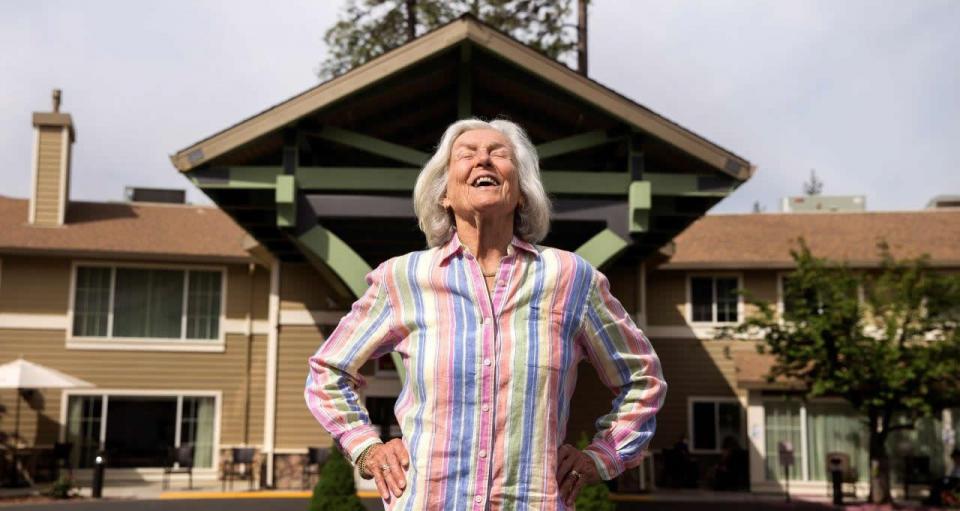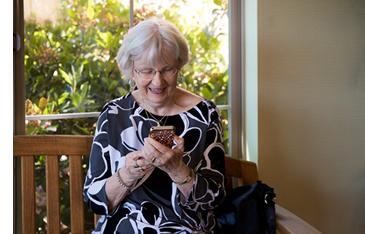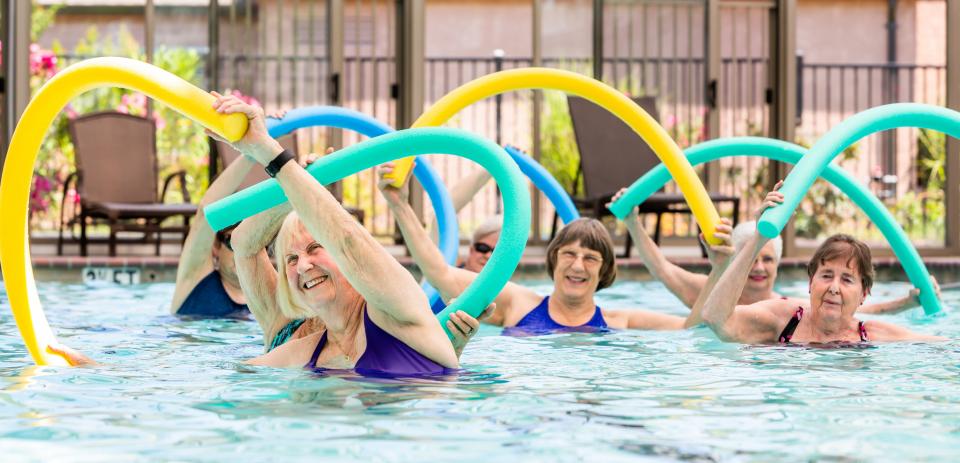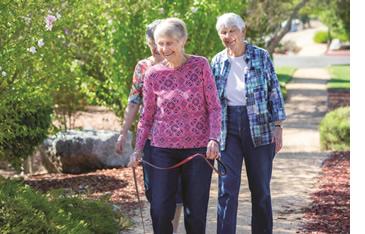Wellness 101
Staying Connected
Don’t Let Social Distancing Lead to a Social Recession
Most of our conversations around health focus on diet and fitness, but did you know that social connection is just as important? Humans are hardwired to interact because our social connections (or lack thereof) can have a dramatic impact on our health. Studies suggest that social connection can contribute to a healthy body mass index, control blood sugars, decrease cardiovascular mortality, decrease depressive symptoms, mitigate symptoms of post-traumatic stress disorder (PTSD), and improve overall mental health.
Staying connected becomes especially important to your health and well-being during a global pandemic when social isolation is required. With the need to stay inside and separated from others, it is easy to feel lonely and isolated. Here are some ideas ranging from “low-tech” to “no-tech” to help you stay in touch with your loved ones while you are physically apart.
Brain Health
Pillars of Brain Health
Your brain is the most complex, essential organ in your body, and as you age, it becomes especially important to support it as best you can. Take a look at these six tips for a few ways to help your brain stay as healthy as possible.
Heart and Soul
Being Heart Healthy Means Supporting Your WHOLE Heart
When many people set out to improve their heart health, they focus primarily on diet and exercise. However, there are other lifestyle factors that also affect heart health and must be addressed.
A holistic view of heart health also includes the emotional qualities of the heart—love, friendship, and connection. Stress, social isolation, and depression can all contribute to heart disease. Read on to learn how you can eat smart, move more and live well to stay strong in your heart, body and soul.
Balance and Mobility
REDUCE the Risk
As we age, the possibility of experiencing an injury-inducing fall becomes a much greater concern. Significant research has demonstrated that lifestyle elements such as diet, exercise and medication management all substantially contribute to fall risk among older adults. Eskaton understands that fall prevention begins with helping older adults identify those factors that contribute to fall risk, and continues with finding solutions that help mitigate these factors.
Download our entire Fall Prevention Booklet, and discover how small modifications to your home and daily routine can substantially lessen your chances of experiencing an injury-inducing fall.
Emotional Health
Feelin’ GOOD
Emotional health and well-being concerns far more than having a positive attitude (though it certainly helps!) Being truly emotionally healthy is a combination of positivity, acceptance, adaptability and resilience, particularly during times of unrest and uncertainty. Emotional health also concerns having a healthy self-image, an attitude of “I can, and I will!” For older adults, maintaining and supporting their emotional health is just as vital as eating sustaining and nutritious food and incorporating daily movement and exercise into their routines.







